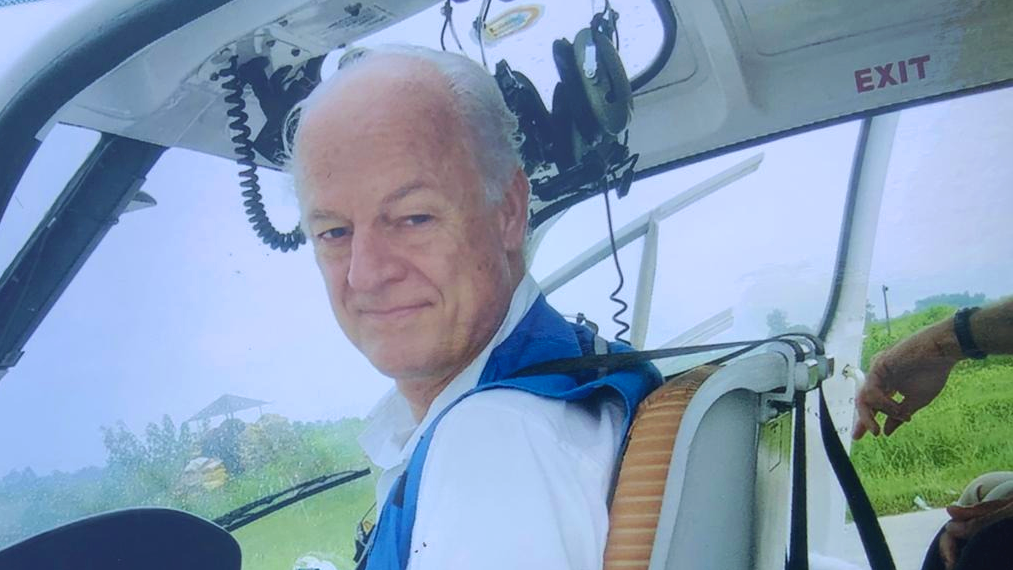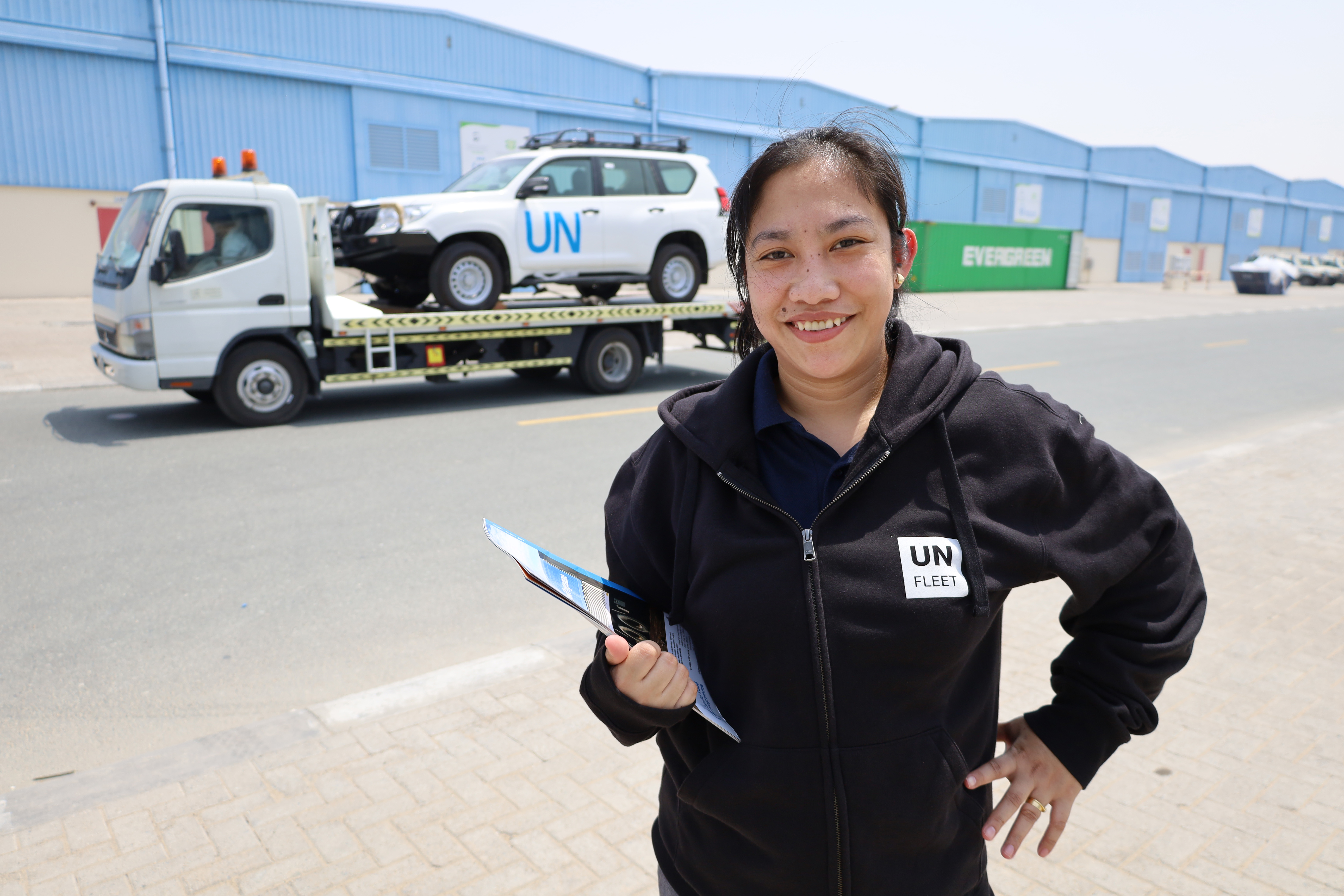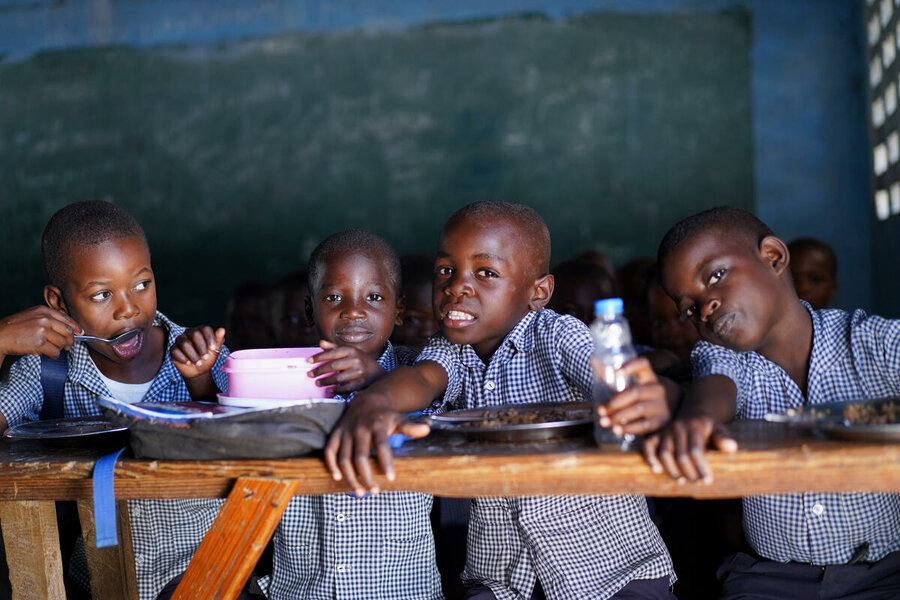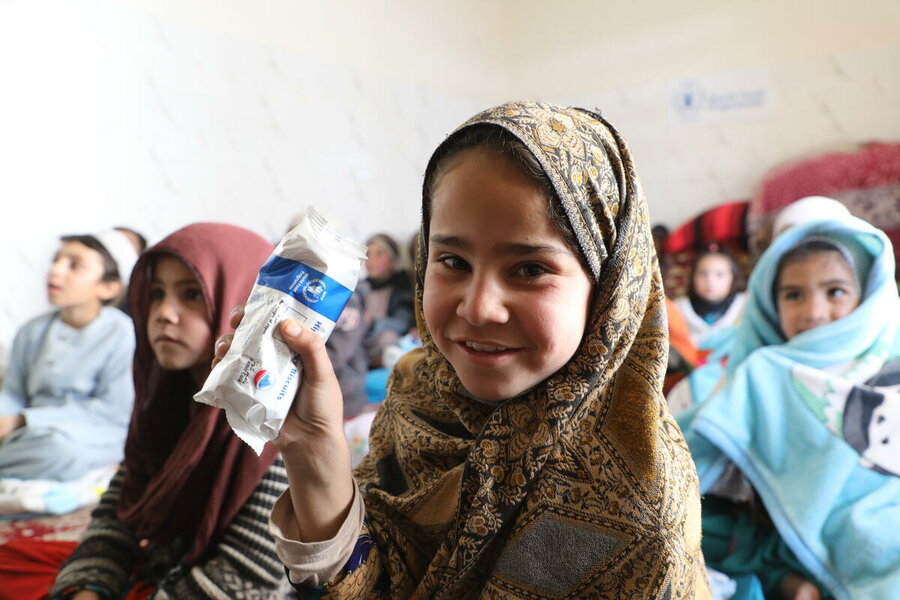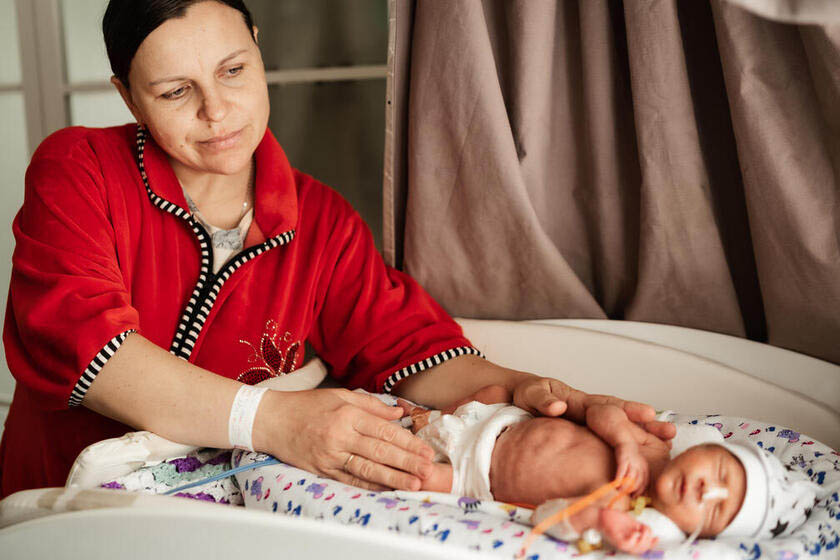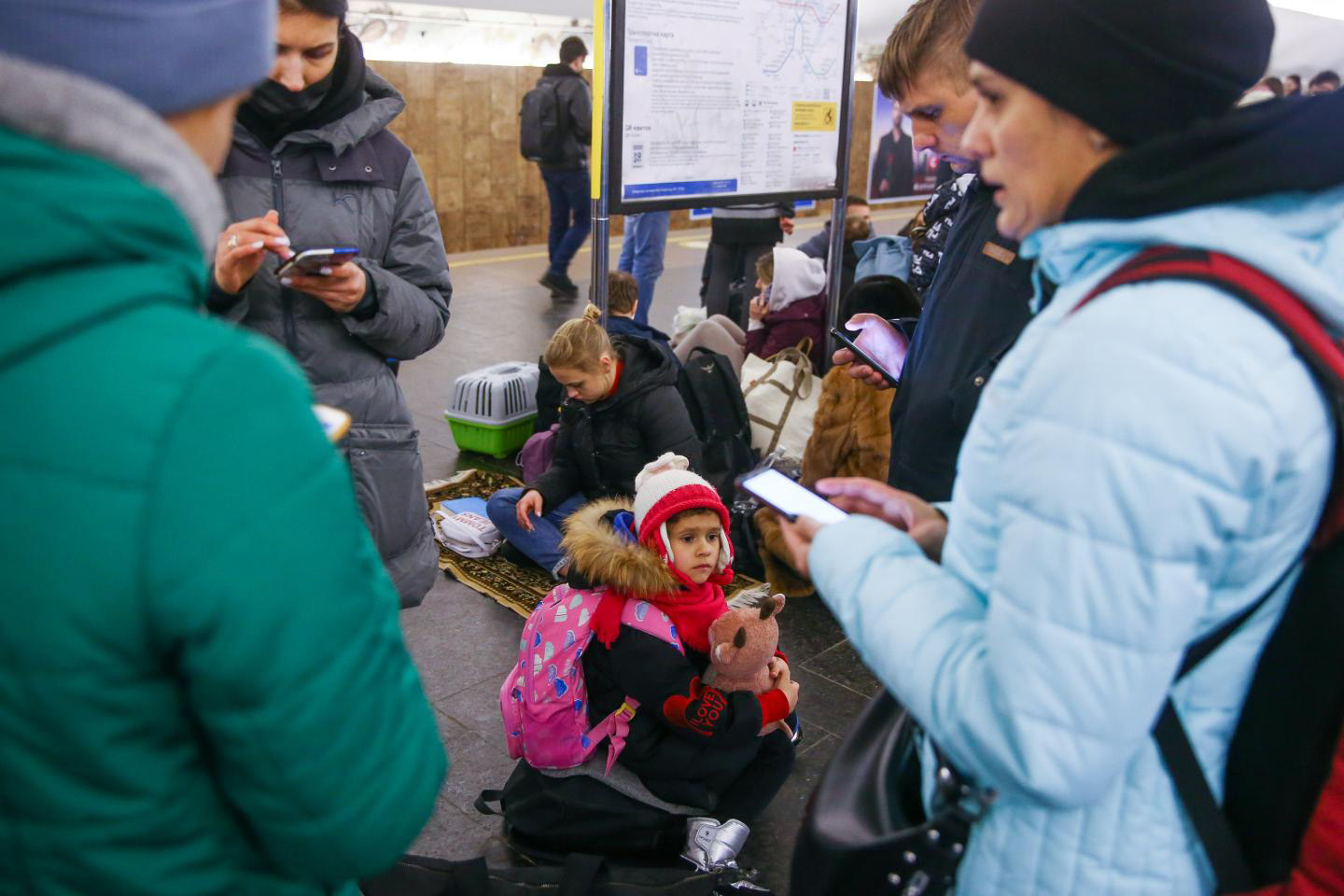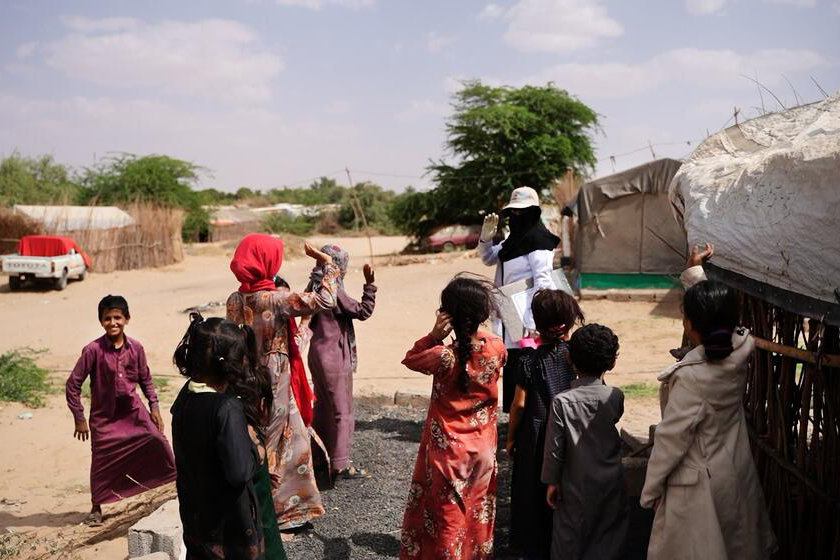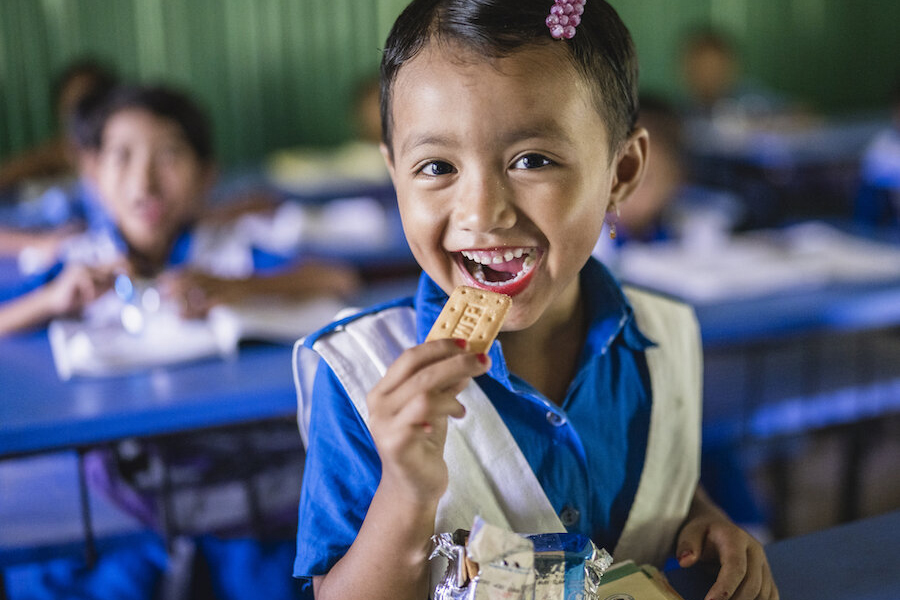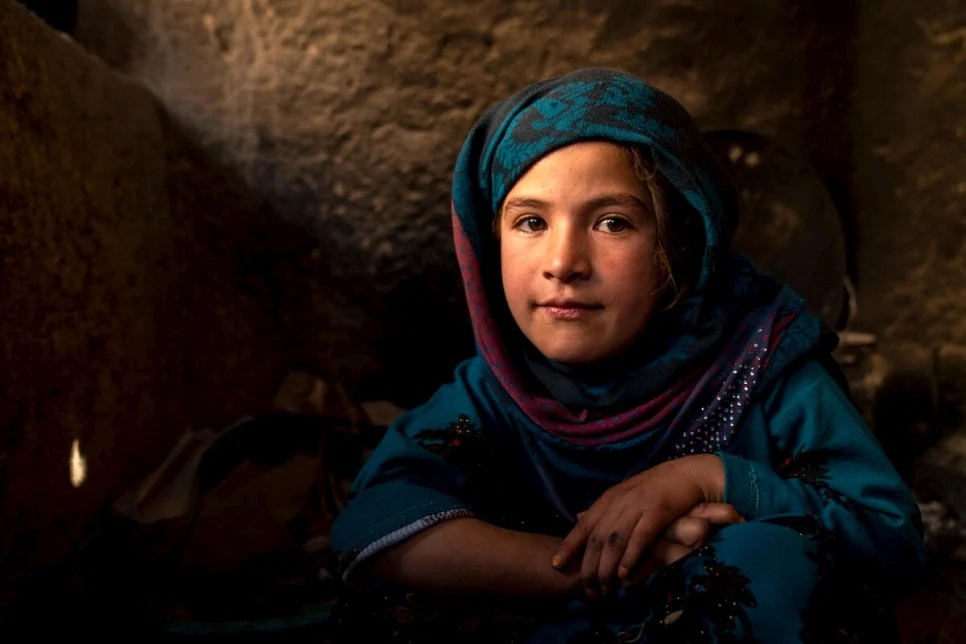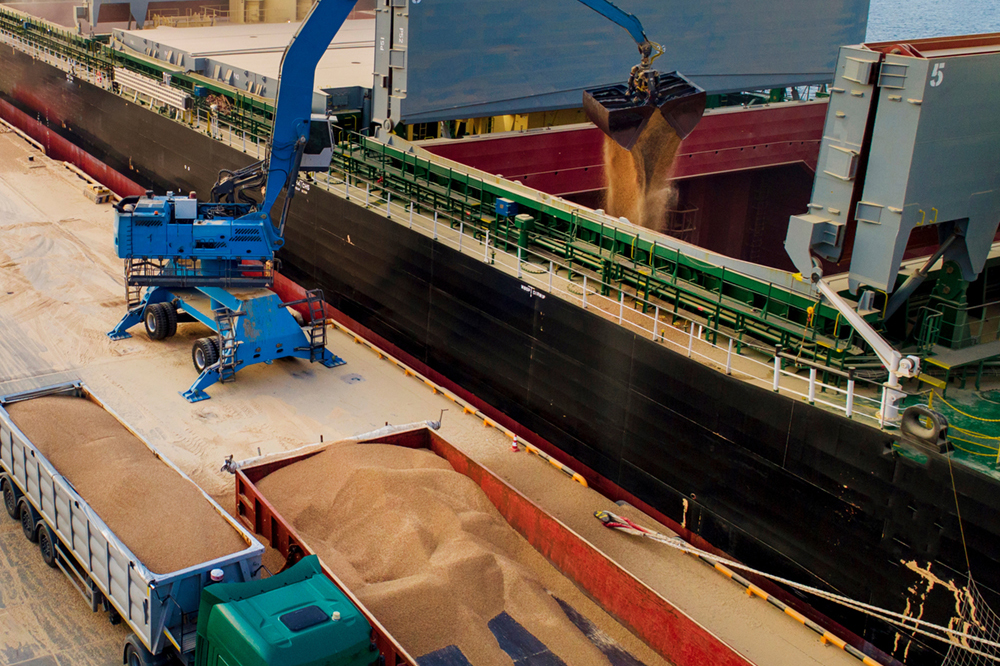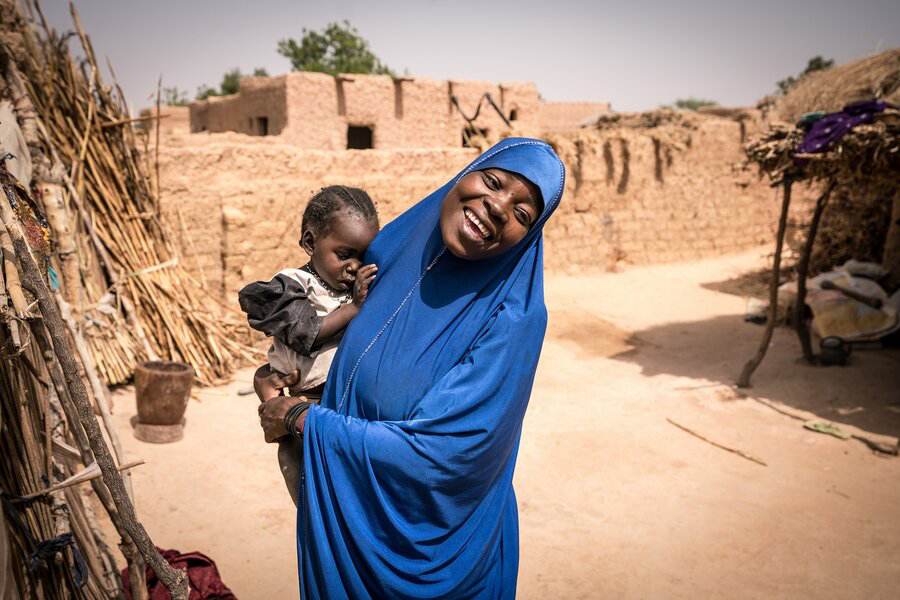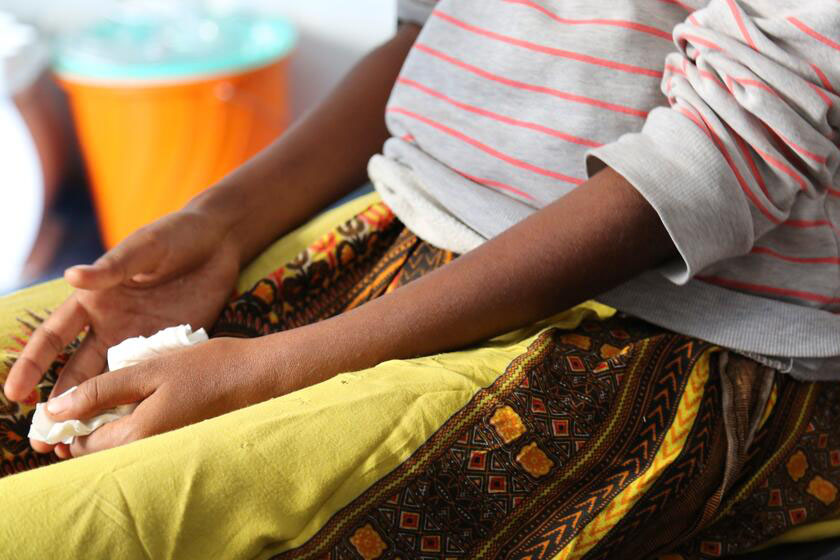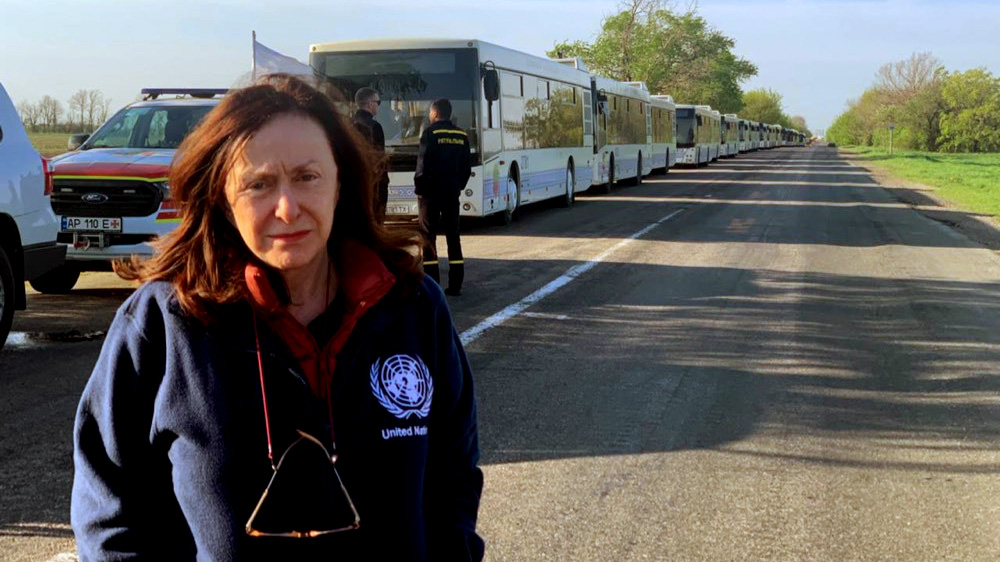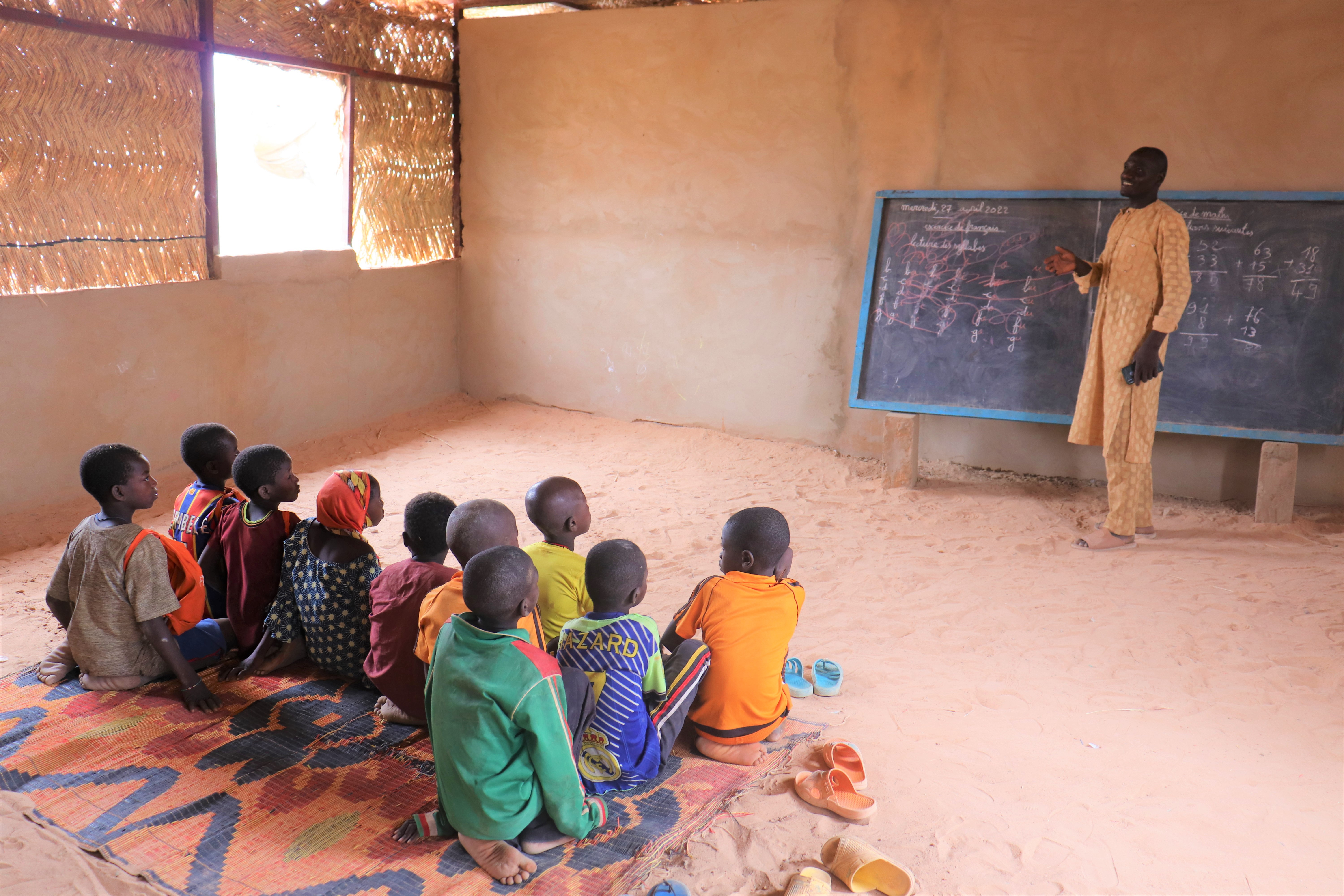“I got such a feeling of outrage, healthy outrage, proactive outrage, which I still feel now.”
Staffan de Mistura has dedicated his life to making a difference. Now the Secretary-General’s Personal Envoy for Western Sahara, he spent a large part of his 48-year career at the UN striving for an end to some of the most intractable conflicts of modern times.
“I have no regrets. I would have never chosen another type of job. I think you can [make a difference] even in the worst-case scenario - always.”
From Syria and Afghanistan to Sudan and Iraq, the seasoned diplomat is known for bringing creative thinking to the negotiating table even when others have lost hope. In this episode of Awake at Night with Melissa Fleming, Staffan de Mistura reflects on harnessing constructive outrage as a driving force, on his determination in the face of despair, and why at 75, he isn’t ready to retire just yet.

